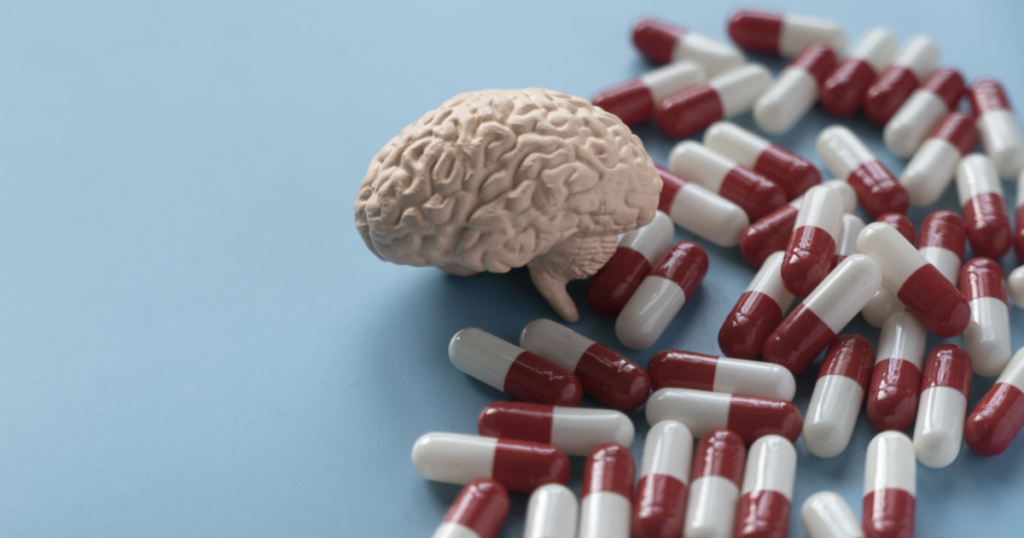Nootropics — when used properly — improve cognitive function. What happens when they’re misused by healthy individuals? Read further to understand what nootropic products are, and what makes them problematic. Then, download our comprehensive Nootropics FAQ.
What Are Nootropics?
Nootropics, a term coined to combine the Greek words for "mind" and "turning," are substances that can improve cognitive function. These compounds, both natural and synthetic, are often marketed as memory enhancers that can improve thinking, creativity, learning, alertness, or energy.
Several commonly consumed substances are considered nootropics including:
- Caffeine
- Ginkgo biloba
- Creatine
- L-theanine
- Panax ginseng
- And nicotine
Products containing these ingredients can be found in various forms, such as dietary supplements and over-the-counter medications. While many nootropics are legal and generally safe to use, others are controlled substances and can present considerable risks — especially when used off-label by healthy individuals.
Substance Misuse Is the Most Dangerous Side-Effect of Pharmaceutical Nootropics
Prescription-only drugs such as Ritalin — used to treat attention-deficit/hyperactivity disorder (ADHD) — and modafinil (Provigil), which is used to treat narcolepsy and other sleep disorders, are often misused for their cognitive-enhancing effects.
Both the Food and Drug Administration (FDA) and Drug Enforcement Administration (DEA) have warned consumers against abusing nootropics.
Misuse of these substances can lead to dangerous side effects such as:
- High blood pressure
- Insomnia
- Elevated heart rate
- Hallucinations
- And addiction
Download Our Comprehensive Guide On Nootropics
Are you an online marketplace, social media platform, or payment service provider seeking to protect consumers from potentially illegal or misused nootropic products? Delve into this 15-page guide to better understand common and legal examples of nootropics, what nootropic supplements are, and the regulatory environment surrounding nootropics in the US.




